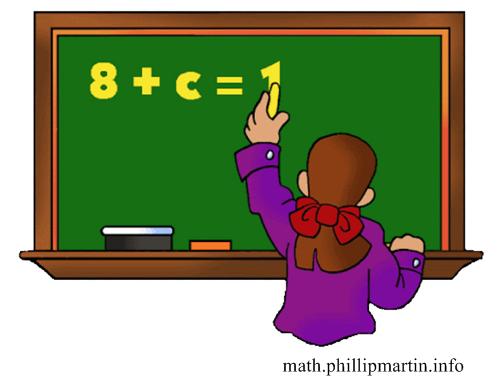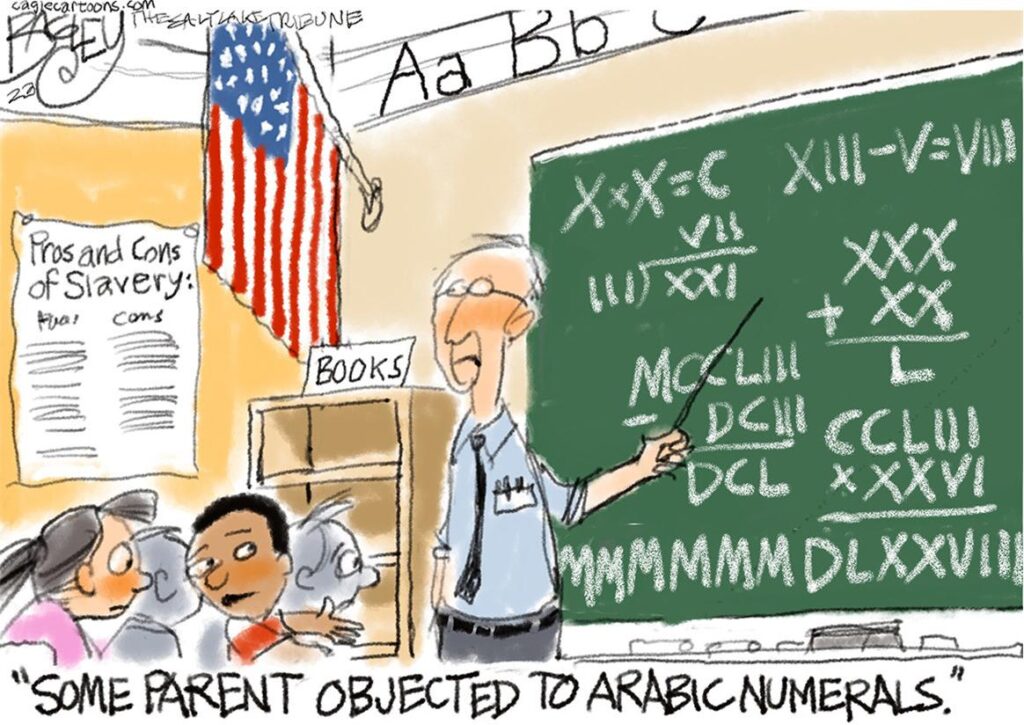 I recently watched a remarkable and surprising interview on Numberphile of the actress Danica McKellar. She began as a child actress and recently has played romantic roles on the Hallmark series of TV movies. So it comes as a surprise to find she was an undergraduate math major, and with a female colleague and the help of their advisor one summer proved a theorem involving math and metallurgy.
I recently watched a remarkable and surprising interview on Numberphile of the actress Danica McKellar. She began as a child actress and recently has played romantic roles on the Hallmark series of TV movies. So it comes as a surprise to find she was an undergraduate math major, and with a female colleague and the help of their advisor one summer proved a theorem involving math and metallurgy.
She was terrifically articulate and enthusiastic during the interview and made a number of telling observations that would be helpful for any student, especially girls, who might find they like math in grade school and might even consider majoring in it in college.
Her big emphasis was on self-esteem and the importance of reaching girls to support any interest they might have in math against the negative forces they often experience. To this end she has written a series of math books, each tailored to a different grade-level of students. But she feels the middle school years are especially critical to support girls in math.
Perhaps the thing I liked best in the interview (maybe because it echoed my own views) was her attitude towards math—she loved solving puzzles. In fact, just doing math was its own reward. She politely deflected all efforts by Brady, the interviewer, to ask if she regretted not pursuing a professional career more devoted to math. Not to knock Brady’s fine interview but I found this line of questioning supporting the current utilitarian view of education (What good is it, how can it be of use to help me earn a living) to be a bit condescending. And there was even a whiff of what the most important thing to do with math and what the professors are training students for is math research. Since most math majors and even math Ph.D.s are not going to find employment in academia, math as an ancillary component to one’s career is the most one could imagine in this context. But above and beyond that is the real truth: math is fun for its own sake, and Danica McKellar championed that in spades. I don’t think I have seen anyone unabashedly extol the joys of doing math as well as she did.
I heartily recommend this interview to anyone, especially young girls, who might have a secret affection for mathematics but fear some stigma that might attach to them if they admitted it.
Some links from Youtube:
For a PDF version see Danica McKellar Interview.
 I see another icon of the past has passed away: Tom Lehrer. Lehrer was a mathematician who put his talents to great use, in contrast with mathematicians like the neocon Paul Wolfowitz and Iraqi Ahmed Chalabi who helped foment the Iraq War. He skewered all the shibboleths of the times (1950s and 60s) with his pre-politically-correct take-downs, mainly to the music of Gilbert and Sullivan.
I see another icon of the past has passed away: Tom Lehrer. Lehrer was a mathematician who put his talents to great use, in contrast with mathematicians like the neocon Paul Wolfowitz and Iraqi Ahmed Chalabi who helped foment the Iraq War. He skewered all the shibboleths of the times (1950s and 60s) with his pre-politically-correct take-downs, mainly to the music of Gilbert and Sullivan.
 I have been meaning to focus on this aspect of mathematics for some time. It is a topic I elaborated in my “Angular Momentum”
I have been meaning to focus on this aspect of mathematics for some time. It is a topic I elaborated in my “Angular Momentum” 
 In one of our periodic FaceTime calls I found out that my granddaughter in 6th grade was interested in learning algebra and had gotten a book to help her out. Clearly this initiative to get a head start prior to the normal course curriculum excited me, so I wrote what I thought was an insightful essay on the meaning and purpose of algebra. Needless to say it was an abysmal failure.
In one of our periodic FaceTime calls I found out that my granddaughter in 6th grade was interested in learning algebra and had gotten a book to help her out. Clearly this initiative to get a head start prior to the normal course curriculum excited me, so I wrote what I thought was an insightful essay on the meaning and purpose of algebra. Needless to say it was an abysmal failure.
 A prevalent theme of much of popular mathematical exposition and debates about mathematics education concerns how to interest a wider population in matters mathematical. For the most part I feel that essays that try to present the “beauty” of mathematics are doomed to failure, as are most discussions of esthetics. The underlying goal of such writing is a legitimate and laudable attempt to show the appeal of math. But I fear it succeeds only with those already converted. So is there another way?
A prevalent theme of much of popular mathematical exposition and debates about mathematics education concerns how to interest a wider population in matters mathematical. For the most part I feel that essays that try to present the “beauty” of mathematics are doomed to failure, as are most discussions of esthetics. The underlying goal of such writing is a legitimate and laudable attempt to show the appeal of math. But I fear it succeeds only with those already converted. So is there another way?